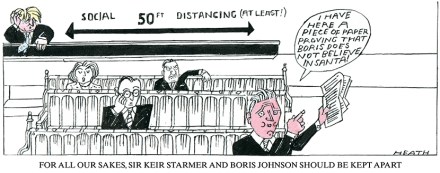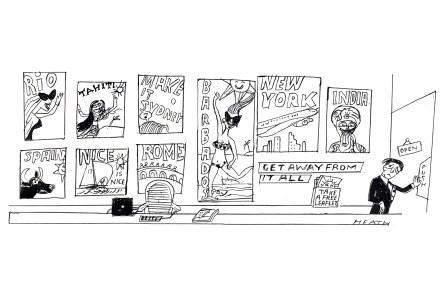Our theatres are dark – and in danger
Car showrooms are open again: some dealerships, with a hint of forgivable hyperbole, report a surge of pent-up demand. And after building only 197 new cars this April, compared with 71,000 in April 2019, car factories are returning to production — even if under new safety rules that will slash productivity for the duration and accelerate the shift to job-eliminating robotics for the longer term. But still the Daily Telegraph offers an uplifting glimpse of Land Rover’s Solihull plant emerging from hibernation: ‘At 5 a.m., as the first shift came in, every production manager was out in the car park to greet returning staff.’ Perhaps most importantly, Nissan made two




